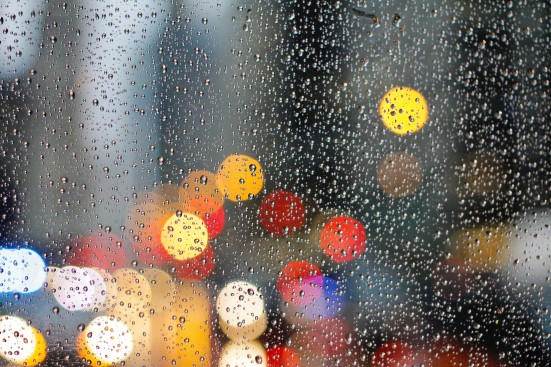How do I Clean my Solar Panels?
Posted in Blog

What maintenance do Solar Panels require?
Solar panel maintenance is well renowned for being straightforward. We think the minimal maintenance required of Solar Panels is part of their beauty! But if you do live close to a source of soiling, to avoid reduced performance your panels can do with a clean from time to time. We run through a quick checklist of considerations before you scale your roof.
Less is more, but natural is best!
Your roof is a safety hazard and the hazard is amplified with the extra voltage of your panels attached - treat your roof and panels with due caution. A solid downpour of rain is usually enough to get rid of natural soiling. Solar panel manufacturers have strict recommendations to follow when cleaning and these should always be followed.
There are many contrasting opinions when looking at cleaning your solar panels. We weigh in the debate for homeowners with solar.
Firstly, your solar panels get dirty from a range of mostly natural sources, including (but certainly not limited to):
- Dirt (especially for rural systems);
- General dust and debris;
- Bird excrement; and
- Pollen (large Pine forests such as Matakana Island can be the source).
The first giveaway that you need to clean your solar panels is a noticeable drop in production. It is worth noting that a dusty film on your panels doesn’t usually mean you need to get the brush out right away (quite the opposite!). A layer of dust is quite normal, and chances are dust will reappear the next morning after a light dew sucks in more. Check the production through your energy monitoring tool such as Fimer’s Energy Viewer app. If your visual inspection shows a set of dirty panels, check your production to see if there is a corresponding meaningful drop in generation.
Once you’ve identified a drop in production, before you put life and limb at risk, ask yourself (or check a weather website) ‘when was the last meaningful downpour of rain? If your panels are on a slope of say, 10 degrees or more, and there hasn’t been rain in a while, perhaps consider just waiting out until the next downpour, and just enjoy the increased solar savings from the dry spell in the meantime! Chances are you are just cleaning to export the improved production gain anyway.
If it has rained recently and you still notice lower production from dirty panels, before you reach for the hose, seriously perform your risk assessment. Should you really be clambering on your roof like a new-born giraffe to save yourself a few bob? Particular roof profiles like corrugated iron can lubricate like the kids’ slip ‘n slide with just a bit of water and the natural slope of your roof.
Having considered the risks involved, we always strongly recommend the use of a fall protection harness and learning how to use it properly and effectively.
So once you’ve made it onto the roof, what cleaning tools and product are you best to use? What do your panel’s manufacturer guidelines say? Here’s an excerpt from Canadian Solar’s Owner’s Manual at www.canadiansolar.com: Cleaning activities create risk of damaging the modules and array components, as well as increasing the potential electric shock hazard.
A key point beyond the clear health and safety warnings is that you don’t want to void the manufacturer’s warranty. Always check your panel’s manual for your specific recommendation and exclusions, and follow them.
The panels with their glass mounted surface are designed to withstand the elements, but not certain other objects. The biggest object obviously (or should at least be!) is a human. Do not walk on your panels. Next, most tier 1 manufacturers do not recommend hard bristle brushes. A large squeegee is great if you can access one with good enough reach.
The last of the DIY methods seems rather simple (but not without limitations). A good hose down is the safest method as it can generally be undertaken from the ground. Consider your water supply, and any mineral deposits this may leave (think of how hard your shower door spots are to remove).
Having considered all the above, we understand you may feel overwhelmed about what you thought was routine maintenance. Ultimately, to protect your Solar investment’s longevity and returns, we recommend using a specialist Solar panel cleaning company, as these professionals know what they’re doing. Alternatively, check the weather for the next big downpour.
